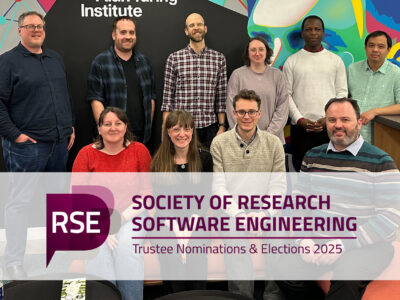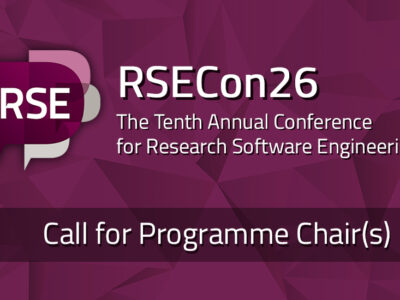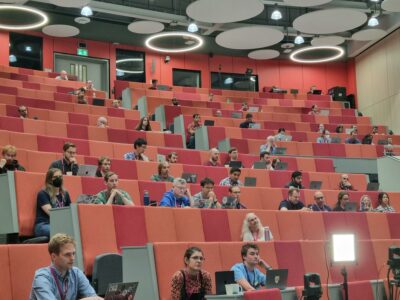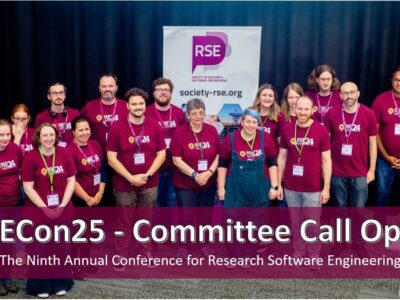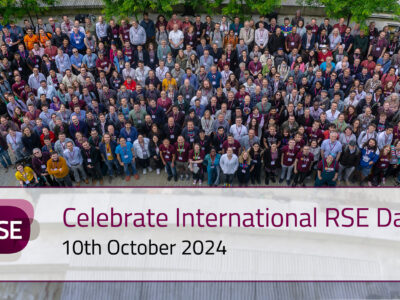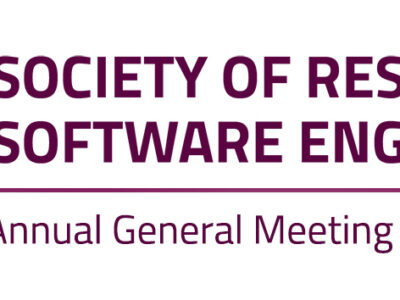The Festival of Hidden REF
by The Hidden REF Committee*
This blog post has been written by the organisers of the event, which was supported by the Society’s Events and Initiatives Grant. For more info, or to apply for a grant to support your event, click here.

The key aims of the Festival of Hidden REF were to grow and strengthen the community that passionately shares our belief in the importance of celebrating non-traditional research outputs, roles, and practices. We were also keen to hear a wider range of views from the community on how to refine our approach for the Hidden REF 2024 competition.
Together we examined The Hidden REF’s co-working methods in the 2021 competition, discussed our common interests in recognising hidden roles and expanding recognition of a wider range of outputs, and gathered thoughts on how the categories and structure could be revised for the 2024 competition.
It was also our objective to create an openly shared working document, co-owned by all participants at the Festival and curated during the event, ensuring that the ideas, enthusiasm and energy shared during the day informs the next Hidden REF. This White Paper is the result of our community’s contributions to the openly shared working document.
Overview of the event
A diverse and engaged community of 106 participants, representing 54 institutions, gathered on the 21 September 2023 at the M Shed in Bristol for the inaugural Festival of Hidden REF. This inclusive assembly included individuals from all four Home Nations and the Republic of Ireland, embracing over 30 distinct job roles and professional families.
Since many of the vital-but-unrecognised roles in research do not have access to travel funds, we tried to design the event to be as accessible as possible. We did not charge a registration fee and, with the help of our generous sponsors, we were able to provide 7 travel bursaries for the attendees who needed it.
Thanks to our generous Sponsors; Software Sustainability Institute, Society of Research Software Engineering, Emerald Publishing, The Alan Turing Institute, The Turing Way, University of Bristol and Elsevier.
Structure of the day
The day consisted of morning and afternoon lightning talks from invited speakers and those who submitted talk proposals; morning and afternoon guerrilla groups, and a summative panel discussion on the issues raised during the Festival.
The Festival was oriented around the guerrilla groups, which, in a nod towards the influential Guerrilla Girls feminist art collective, sought to change the structure of research evaluation by drilling down into discrete topics and feeding into the future development of the Hidden REF. Throughout the day, a sticker board was available for thoughts and ideas on the direction the campaign should take. An online Miro board was also made available after the Festival for additional suggestions.
Lightning talks from invited speakers (Session 1)
- Stephen Hill, Research England
- Kelly Vere, TALENT & The Technician Commitment – “Visibility, recognition & opportunity for Technicians”
- Emma Karoune, The Alan Turing Institute – “Hidden Roles: Why they need to be recognised”
- Lizzie Gadd, Loughborough University – “Transitioning to recognising broader contributions”
Lightning talks from submitted proposals (Session 2)
- Julie Bayley, University of Lincoln – “The hidden world of (REF) impact: unicorns, sausages, and the wonder of Jessica Fletcher”
- Pen-Yuan Hsing, University of Bristol – “Evaluating research culture”
- Cara Rodway, British Library – “The British Library as independent research organisation”
- Katie Osgood, University of Portsmouth – “Does the Hidden REF also mean the Hidden Research Strategy?”
- Hollydawn Murray, Health Data Research UK – “Hidden roles in health data science”
A list of lightning talks and speakers’ slides can be found here.
* The Hidden Ref Committee are: Derrick, G.E., Hettrick, S., Baker, J., Karoune, E., Kerridge, S., Fletcher, G., Chue Hong, N., Ballantyne, L., Fransmann, J.


